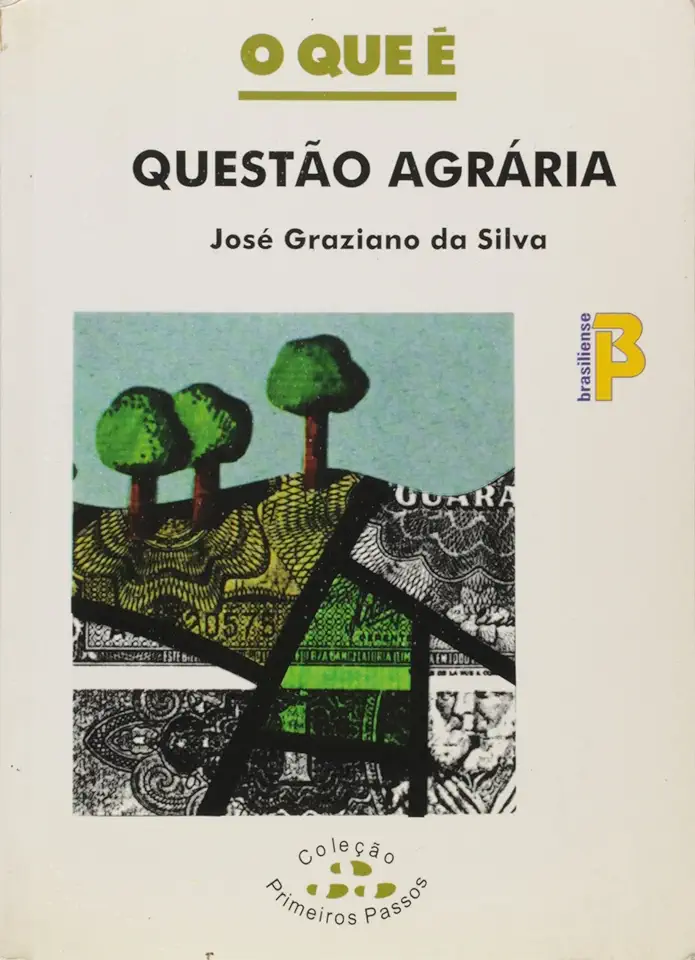
The Agrarian Question - José Graziano da Silva
The Agrarian Question: A Transformative Vision for Sustainable Agriculture and Food Systems
In his groundbreaking book, "The Agrarian Question," José Graziano da Silva presents a compelling and comprehensive analysis of the current state of agriculture and food systems, and offers a transformative vision for a more sustainable and just future. Drawing on decades of experience in the field, Graziano da Silva argues that the current industrial model of agriculture is unsustainable, and that it is contributing to a range of social, economic, and environmental problems.
A Critique of Industrial Agriculture
Graziano da Silva begins by critiquing the industrial model of agriculture, which is characterized by its reliance on large-scale monocultures, heavy use of synthetic fertilizers and pesticides, and concentration of power in the hands of a few large corporations. He argues that this model has led to a number of problems, including:
- Environmental degradation: Industrial agriculture has caused widespread environmental damage, including soil erosion, water pollution, and deforestation.
- Loss of biodiversity: The use of monocultures and pesticides has led to a decline in biodiversity, which is essential for the health of ecosystems.
- Increased food insecurity: The industrial model of agriculture has contributed to food insecurity, as it has made it more difficult for small-scale farmers to compete.
- Social injustice: Industrial agriculture has led to increased social inequality, as it has concentrated wealth and power in the hands of a few large corporations.
A Vision for Sustainable Agriculture
Graziano da Silva then presents his vision for a more sustainable and just agriculture and food system. He argues that we need to move away from the industrial model of agriculture and adopt a more agroecological approach, which is based on the principles of ecology and sustainability. Agroecology emphasizes the use of diverse cropping systems, minimal use of synthetic inputs, and the integration of livestock and crops.
Graziano da Silva also argues that we need to make changes to the way we consume food. We need to eat less meat and more plant-based foods, and we need to support local and sustainable farmers.
The Way Forward
Graziano da Silva concludes by outlining the steps that need to be taken to achieve a more sustainable and just agriculture and food system. He calls for:
- Government policies that support sustainable agriculture: Governments need to adopt policies that support sustainable agriculture, such as providing financial incentives for farmers to adopt agroecological practices.
- Investment in research and development: We need to invest in research and development to develop new agroecological technologies and practices.
- Education and training: We need to educate farmers and consumers about the importance of sustainable agriculture.
- Mobilization of civil society: Civil society organizations need to mobilize to demand a more sustainable and just agriculture and food system.
"The Agrarian Question" is a must-read for anyone who is interested in the future of food and agriculture. Graziano da Silva's analysis of the current state of agriculture is both comprehensive and insightful, and his vision for a more sustainable and just future is both inspiring and achievable. This book is a call to action for all of us to work together to create a better food system for ourselves and for future generations.